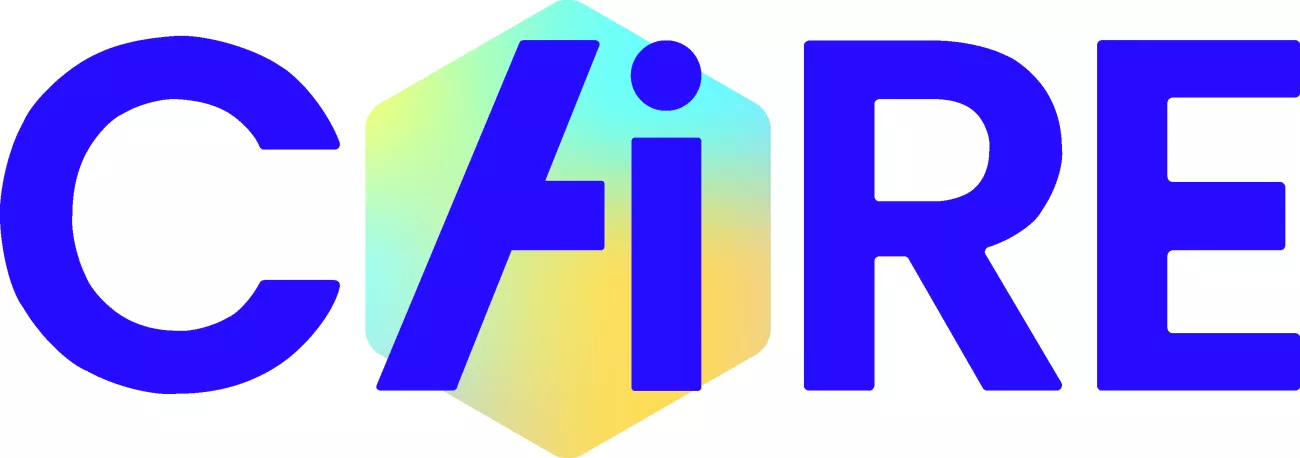CAIRE (Citizen-oriented Artificial Intelligence training for a Responsible Education) is a project aimed at establishing a large-scale, sustainable approach to training citizens in the use of artificial intelligence.
Selected as a winner of the “Skills and Professions of the Future” call for expressions of interest under the France 2030 plan, the CAIRE project launched in September 2023 and will run for five years. It is coordinated by Arts et Métiers and brings together CESI, Cnam, Université Bourgogne Europe, and Paris School of Business.

Key challenges surrounding Artificial Intelligence
Professions are already undergoing or will soon experience significant transformations due to the integration of artificial intelligence (AI) systems into both personal and professional daily life. However, the technological and societal disruptions enabled by AI require new skills and may present risks related to misuse or resistance if people lack the knowledge needed for proper understanding.
It is therefore essential to provide widespread training on how AI systems function while fostering critical thinking among different stakeholders. The goal is both to promote conscious and informed AI use across all industries and professions and to encourage career paths in this rapidly growing employment sector.
CAIRE: addressing the need for AI training
To meet these challenges, the CAIRE project aims to promote AI literacy across a wide range of professional fields by developing training programs tailored to these issues. CAIRE’s ambition is to equip learners with the knowledge and skills necessary to understand AI and support its integration into businesses.
To reach a broad audience, the training programs are structured into three levels:
- A foundational level for anyone wishing to acquire basic AI knowledge;
- An intermediate level designed to deepen AI practice, particularly for professional applications;
- An advanced level for experienced professionals already proficient in AI use.
These short (49-hour), hybrid (combining in-person and online learning), and modular training programs can be easily integrated into existing curricula, adapted to institutional contexts, and implemented with flexibility.
Accessible Training for All Audiences Nationwide
While the project primarily targets students in initial training at the five partner institutions, it also extends to faculty and staff within the consortium, professionals in both the private and public sectors, job seekers, and individuals undergoing career transitions. Over the course of the project, CAIRE aims to train 28,000 people across the country.
To ensure nationwide deployment, special attention is given to training instructors. Given the shortage of AI trainers, an innovative approach has been designed: disciplinary trainers (in scientific, technical, or humanities fields) will receive AI training so they can, in turn, teach learners.
CAIRE stands out for its transdisciplinary approach, the integration of ethical and sustainability considerations, and its ability to reach a large and diverse audience. The project will make a significant contribution to developing the skills needed to accelerate the responsible national adoption of AI.


